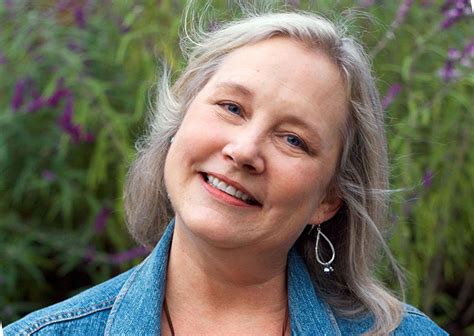A Quote by Johann Wolfgang von Goethe
Moral epochs have their course as well as the seasons. We can no more hold them fast than we can hold sun, moon, and stars. Our faults perpetually return upon us; and herein lies the subtlest difficulty of self-knowledge.
Related Quotes
Who gave you the ability to contemplate the beauty of the skies, the course of the sun, the round moon, the millions of stars, the harmony and rhythm that issue from the world as from a lyre, the return of the seasons, the alternation of the months, the demarcation of day and night, the fruits of the earth, the vastness of the air, the ceaseless motion of the waves, the sound of the wind?
It is our duty not to not only hold fast, but to hold forth the Word of life; not only to hold fast for our own benefit, but to hold it forth for the benefit of others, to hold it forth as the candlestick holds forth the candle, which makes it appear to advantage all around, or as the luminaries of the heavens, which shed their influences far and wide.
The humorous look of children is perhaps the most endearing of all the bonds that hold the Cosmos together. Their top-heavy dignity is more touching than any humility; their solemnity gives us more hope for all things than a thousand carnivals of optimism; their large and lustrous eyes seem to hold all the stars in their astonishment; their fascinating absence of nose seems to give to us the most perfect hint of the humour that awaits us in the kingdom of heaven.
Before making peace, war is necessary, and that war must be made with our self. Our worst enemy is our self: our faults, our weaknesses, our limitations. And our mind is such a traitor! What does it? It covers our faults even from our own eyes, and points out to us the reason for all our difficulties: others! So it constantly deludes us, keeping us unaware of the real enemy, and pushes us towards those others to fight them, showing them to us as our enemies.
From Lehi's vision we learn that we must take hold of this safety railing-this iron rod, found alongside our individual straight and narrow path-and hold tight until we reach our ultimate goal of eternal life with our Heavenly Father. Nephi promises that those who hold fast to the iron rod"would never perish; neither could the temptations and the fiery darts of the adversary overpower them unto blindness, to lead them away to destruction"
To hold happiness is to hold the understanding that the world passes away from us, that the petals fall and the beloved dies. No amount of mockery, no amount of fashionable scowling will keep any of us from knowing and savoring the pleasure of the sun on our faces or save us from the adult understanding that it cannot last forever.
One of the greatest and also the commonest of faults is for men to believe that, because they never hear their shortcomings spoken of, or read about them in cold print, others can have no knowledge of them. GEORG CHRISTOPH LICHTENBERG, The Reflections of Lichtenberg We are often more agreeable through our faults than our good qualities.
There are so many things that can provide us with peace. Next time you take a shower or a bath, I suggest you hold your big toes in mindfulness. We pay attention to everything except our toes. When we hold our toes in mindfulness and smile at them, we will find that our bodies have been very kind to us. We know that any cell in our toes can turn cancerous, but our toes have been behaving very well, avoiding that kind of problem. Yet, we have not been nice to them at all. These kinds of practices can bring us happiness.






































